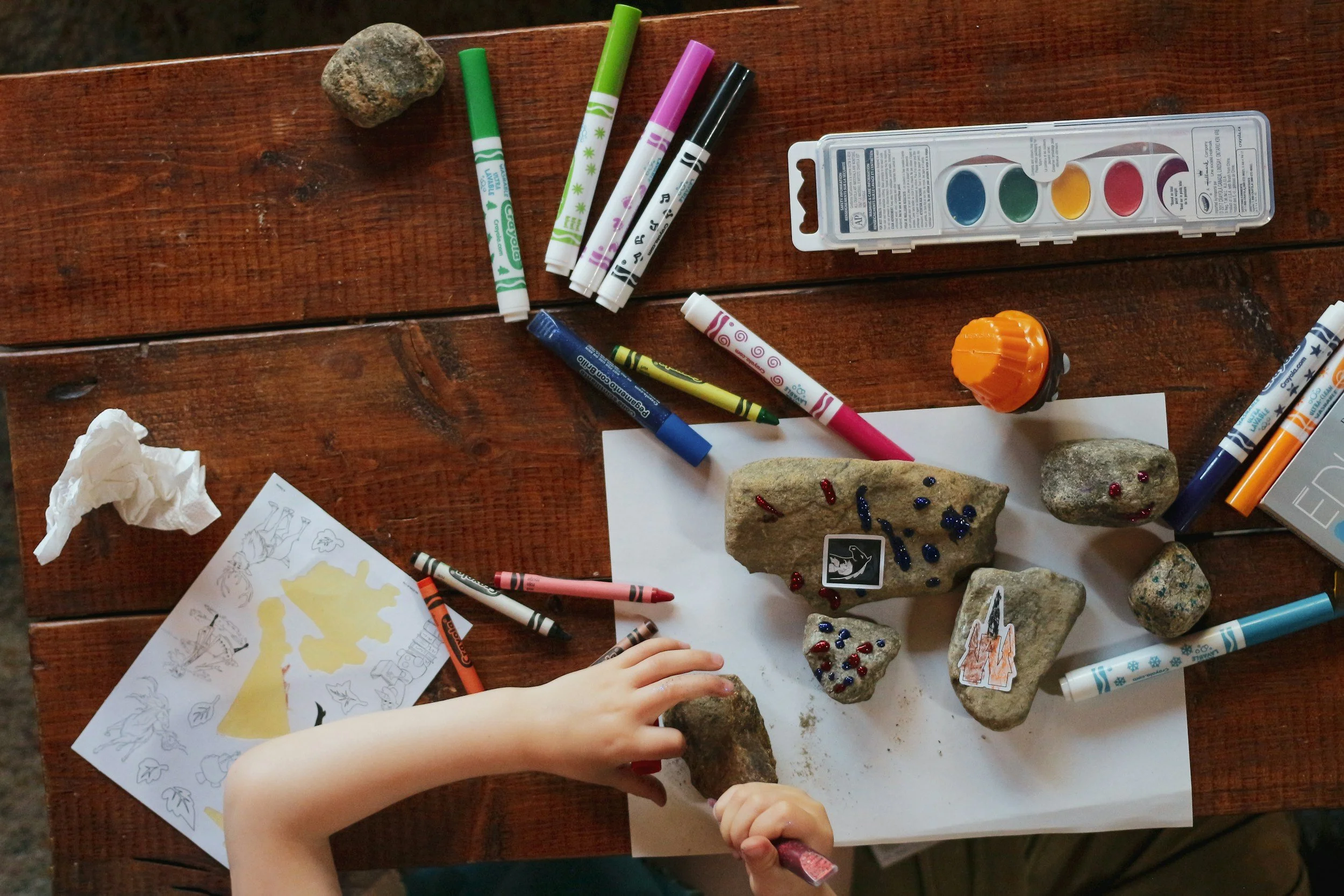
Child-Centered Play Therapy
Helping Children Heal, Grow, and Express Themselves Through the Power of Play
What Is Child-Centered Play Therapy?
Child-Centered Play Therapy is a developmentally appropriate therapeutic approach that allows children to express thoughts, emotions, and experiences through play. Since children often communicate best through actions rather than words, play becomes their natural language—and therapy becomes a safe space where healing, growth, and emotional expression can unfold.
When Should You Consider Child-Centered Play Therapy?
Many children struggle to articulate their emotions or process big experiences, which can lead to challenging behaviors or internalized distress. Play therapy may be helpful if your child is experiencing:
✔ Emotional regulation challenges – Frequent tantrums, mood swings, or difficulty calming down
✔ Anxiety or fears – Separation anxiety, social anxiety, or specific phobias
✔ Aggression or withdrawal – Hitting, yelling, isolating, or shutting down emotionally
✔ Changes in behavior – Sudden shifts in eating, sleeping, or daily functioning
✔ Life transitions – Divorce, loss, moving, new siblings, or family changes
✔ Trauma or loss – Medical trauma, grief, or witnessing distressing events
If your child is struggling, play therapy offers a safe, nurturing space for healing through their most natural form of expression.
What to Expect in Child-Centered Play Therapy
Play therapy is carefully structured to meet your child where they are emotionally and developmentally. A typical process includes:
✔ Parent Intake & Consultation – We begin by learning about your child’s history, temperament, family dynamics, and your goals for therapy.
✔ Therapy Sessions – Using toys, art, sandplay, and storytelling, children express their inner world while the therapist offers emotional attunement and gentle guidance.
✔ Attachment-Focused Interventions – The therapist fosters a strong therapeutic bond while helping your child build trust, resilience, and coping strategies.
✔ Parent Collaboration – You’ll receive ongoing feedback, insights, and tools to support your child’s emotional growth at home.
Therapy is always adapted to the age, developmental level, and individual needs of your child.
How Play Therapy Can Help Your Child
Child-Centered Play Therapy offers deep emotional support while promoting long-term development and well-being. It can help your child:
✔ Express emotions in safe, healthy ways
✔ Build emotional awareness and regulation skills
✔ Increase confidence, self-esteem, and resilience
✔ Heal from trauma or stressful life experiences
✔ Strengthen connection and communication within the family
When therapy is grounded in trust and play, children begin to feel seen, safe, and capable—both in therapy and in everyday life.
Meet Our Child & Family Therapist
-

Sarah Marsh, SWLC
Specializes in early childhood development, developmental screenings, and parent coaching.


